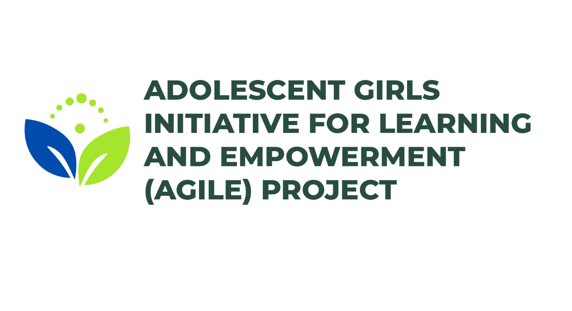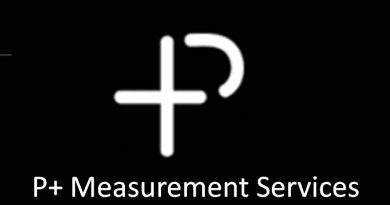Adolescent Girls’ Education Program to Reach 8.6 Million Girls in Nigeria
The World Bank has approved an additional $700 million in funding for Nigeria’s Adolescent Girls Initiative for Learning and Empowerment (AGILE) program, which aims to increase secondary school chances for girls in designated areas. The new Financing will expand project activities from the present seven states to eleven new states, and the targeted beneficiaries will be expanded to include out-of-school (OOS) girls, married women, and people with disabilities.
Nigeria apparently has around 12-15 million out-of-school children in the school-age group, making it one of the largest, with the majority of them concentrated in Northern Nigeria, where secondary school completion rates among girls are lower than in the country’s southern region. There is also a significant degree of violence around schools, and an estimated 1 million children were affected by increasing insecurity in 2020-2021, with many of them missing school. With girls at danger of gender-based violence, a variety of concerns such as poverty and bad cultural norms operate as hurdles to girls’ education.
The number of girls enrolled in secondary schools has climbed from over 900,000 to over 1.6 million in the seven AGILE program-implementing states of Borno, Ekiti, Kaduna, Kano, Katsina, Kebbi, and Plateau. Over 5,000 classrooms have been refurbished as part of the program, and over 250,000 qualified girls have received scholarships. The AGILE initiative has funded the construction and repair of WASH facilities in secondary schools, as well as the installation of laptops and solar panels, making education more pleasant and accommodating for both girls and boys. Other important parts of the program that address societal norms inhibiting girls’ education include life skills, system strengthening, and advocacy.
“Bridging the gender gap in economic empowerment by providing girls with access to education and skills is critical for Nigeria’s development and economic prosperity,” said Shubham Chaudhuri, World Bank Country Director for Nigeria. “Nigeria’s working population will soon be among the world’s youngest and largest, implying that investing in adolescent girls is critical when addressing overall economic prospects and growth.”
“A larger number of vulnerable girls will be reached in 18 states, providing digital skills, a more conducive learning environment, and life skills, with the goal of completing secondary education for over 8.6 million girls,” stated Aisha Garba, Task Team Lead on AGILE. “States will also be encouraged to build community secondary schools, hire more female teachers, implement energy-saving measures, and be more inclusive of girls with disabilities.”
Aside from girls, the project’s roughly 15 million pupils and beneficiaries will include teachers, administrators, families, communities, and employees in existing and newly constructed schools. With the additional funding, the initiative will be implemented in 18 states, assisting Nigeria in improving education and health outcomes for girls.




